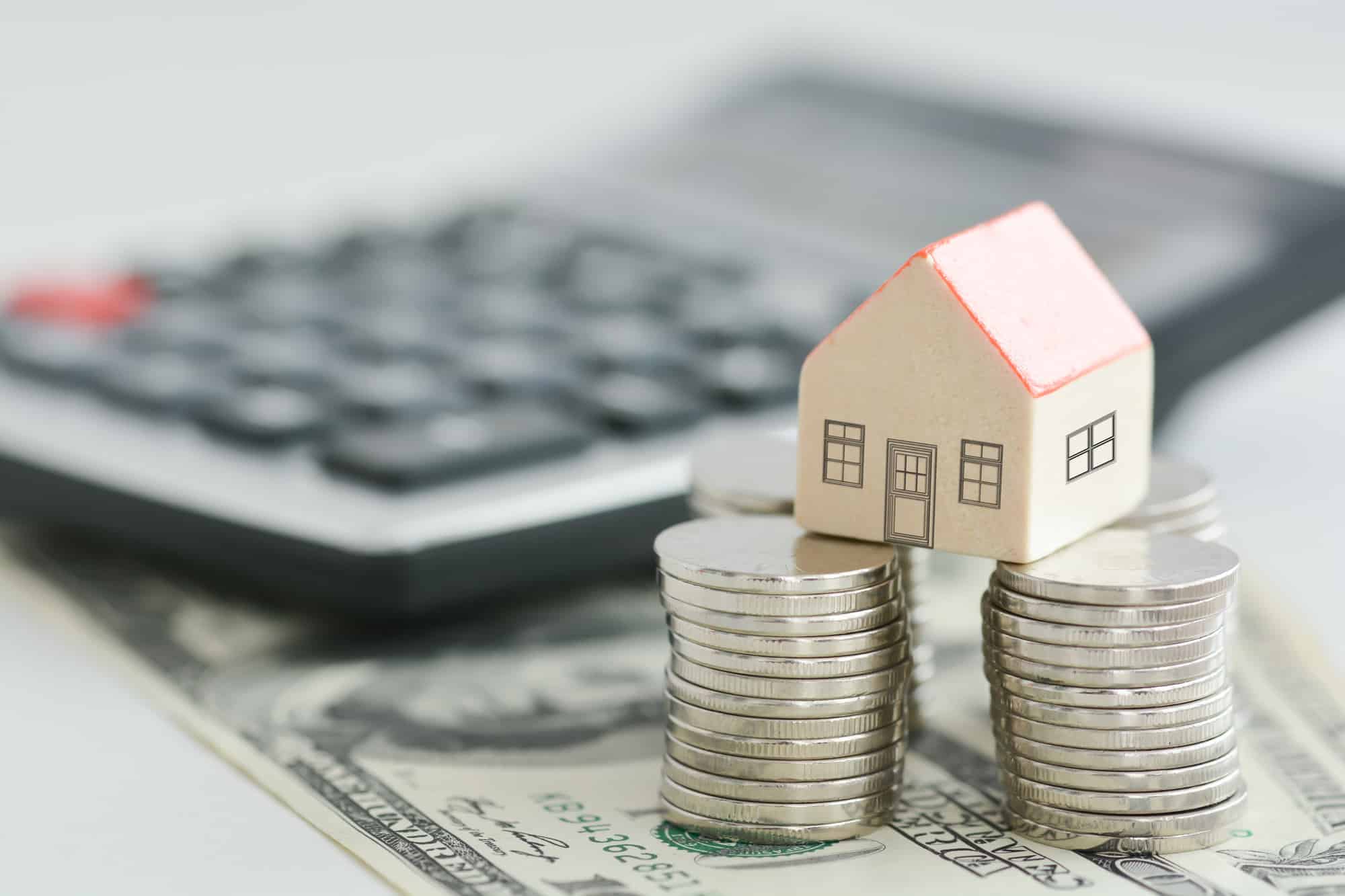On April 1st, 2020, there was $50 billion worth of rent due in the US.
But amid the spread of COVID-19, many Americans are also facing a financial crisis. As businesses close or reduce hours, people are unable to go to work and earn the income that allows them to make their rent payments every month.
If you need help paying rent, you need to know your options. And there are options from the federal government, state governments, as well as local governments. Even your landlord might have options for you.
Millions of Americans are facing the very same problem as you. Keep reading to find out what financial assistance has been made available.
Economic Impact of COVID-19
There’s a lot of uncertainty surrounding just how deep COVID-19 will cut into the economy. What is definite is that it’s hurting all industries, across all countries, states, and localities.
This directly impacts workers and their families. As of March 21, 2020, 3.3 million Americans filed their initial claims for unemployment insurance. While the exact figures aren’t yet available, it’s believed that just as many filed for help in the following week.
Experts are unsure exactly how long this will last, but Americans who are unable to pay for rent and buy food need answers now. Luckily, there are some solutions on the way.
Obligations as a Renter
If you rent your place of residence, you most likely signed a lease. When you signed that lease, you agreed to the terms of the lease agreement.
While every lease is different, you’re legally required to adhere to that agreement unless the terms are outlawed in the state or municipality in which you reside. This means adhering to terms regarding:
- the length of the lease
- how you use the property
- how you paid the security deposit and how it’s used
- requirements around moving out
Among the most important terms of your lease is the amount of rent you pay and how you pay it. But the lease will also contain clauses regarding what’s to be done if you pay your rent late or you don’t pay it at all.
If you don’t follow the terms of your lease, you’re considered in breach and your landlord is legally allowed to take steps against you including an eviction notice. While there is some relief being made available to renters, these obligations still apply until they’re addressed by the federal, state, or local government.
Federal Government Relief
In the United States, around 36% of the population currently rents their home. These are some of the most economically vulnerable people in the country.
They generally make less money than homeowners and also have fewer savings to rely on when a crisis occurs. As a result of those vulnerabilities, renters tend to be at a much higher risk of becoming homeless or displaced.
This is why the Federal government included some categories of renters in their $2 trillion stimulus bill. As part of that bill, the Federal government introduced a 120-day moratorium on evictions and late fees as a form of rent assistance. But this rental assistance measure only applies to buildings that are federally financed – i.e. the nation’s affordable housing properties run by the Department of Housing and Urban Development (HUD).
In that same bill, forbearance on mortgage payments has been extended as a form of housing assistance to multifamily landlords with federally backed mortgages. To stop them from evicting tenants, the stimulus stipulates that they may only access that forbearance if they don’t evict anybody from their properties.
Relief Outside of Federally-Financed Buildings
The Federal government stimulus package offers assistance to low-income renters and those living in government assistance program housing. But what about other people requiring financial assistance and help to make rent payments?
For those renters living outside of public housing, emergency assistance will have to come through states and localities. The good news is, at least 24 states have announced a moratorium on evictions from rental properties. Some of these moratoriums are extended for 30 days, but some can be extended further.
Many cities have also issued moratoriums on evictions. For example, the moratoriums extended in Oakland, California are even broader than that of the state of California itself. The city is also offering financial assistance to help residents pay for rent or legal services.
LA has gone beyond issuing moratoriums to address the issue of back payments once this is all over. They’ve stated that residential renters will have as much as 12 months to repay their rent should they be unable to pay during the crisis.
Other cities that have taken similar measures include Baltimore, Boston, Miami, Sacramento, Portland, San Francisco, San Jose, and Seattle. States with moratoriums include New York and Kansas. And in some states, like Virginia, evictions are currently impossible as courts aren’t in session.
Before counting on these moratoriums and other measures, check that you’re eligible. For example, in Arizona, you need to show a substantial loss of income to qualify. And that loss has to be directly related to COVID-19.
What To Do If You Need Help Paying Rent
If you need help paying rent and you fall outside of these jurisdictions, there are several things you can do. We’ve outlined the steps you could take below.
Talk To Your Landlord
The burden is always on the tenant to tell the landlord that they cannot pay their rent. This means that the first thing you should do is talk to your landlord about the financial situation that you’re in.
Some landlords have voluntarily adopted rental assistance programs to help their tenants. This includes discounted rental rates or other accommodations you might be able to take advantage of. If they’re not offering any sort of relief, you might talk to them about an extension.
It takes a lot of time and money to have someone evicted, and some landlords won’t want to go through that, especially if you’re a good tenant. A good landlord will likely understand the current economic situation and take into consideration the plight of good tenants who normally pay their rent in full and on time.
Work Out a Payment Plan
A landlord may be more willing to discuss temporary changes to your rent if you can pay them at least partially. If you do decide to go with this option, then it’s important to have a payment plan in writing that you both agree on.
That agreement should discuss the current difficulties you’re facing. Mention that these are only temporary and explain that this won’t happen again. You should include assurance of when you’ll be paying in full, with an exact date if possible.
You might have to pay a late fee, but you can talk to your landlord about that too. And if you don’t think you’ll be able to make any payment at all, your best bet is to tell your landlord as soon as possible so that they can prepare the finances on their end as well.
Look For Additional Help
Aside from government agencies, there are social services, non-profits, and Catholic charities that may be able to offer help. Consider calling your local United Way or Salvation Army to see if they can help you with rental payments, for example. If anything, they may be able to offer some other forms of relief, such as food or clothing if you need it.
Banks may also be more willing to offer short-term loans at this time. Be sure to get in contact with your bank to see what offers they may be willing to extend. You may also qualify for a credit card that might not help pay for rent but can help pay for other necessities while you put what cash you have towards rent payments.
You can also check with your utility company to see if they can offer any discounts or payment plan. Saving on your utility bill can help you contribute to your rent.
Financial Tools For COVID-19
COVID-19 has economically impacted countries around the world. As businesses shut their doors, more and more people are losing their source of income. And as some of the most economically vulnerable people in the US, renters across the country have a dilemma.
Federal, state, and local governments have taken steps to help the countries millions of renters. But if you don’t qualify for this assistance or live outside of the affected regions, you may still need help paying rent. You should consider talking to your landlord and coming up with a payment plan, first and foremost.
After that, look for more financial advice to help you get through this new reality. You can get started here.



